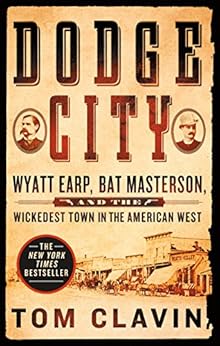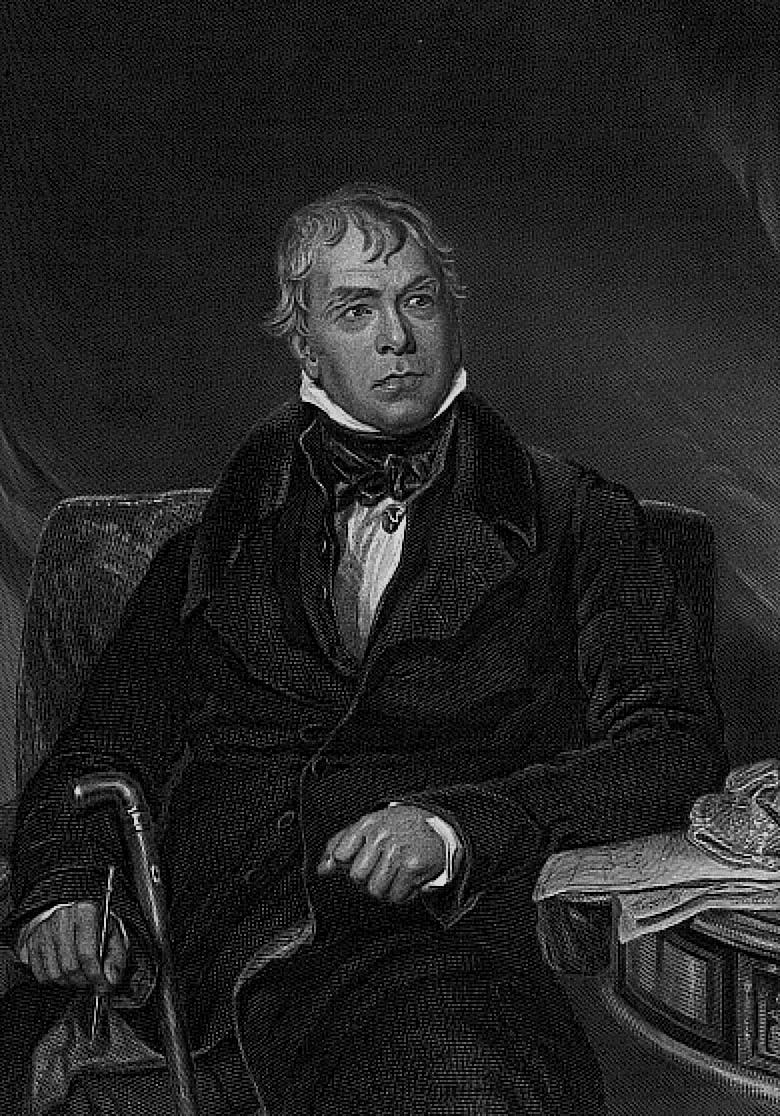
Long ago, based on an article I read in some magazine, I joined the anti-Wyatt Earp party. Anti-Wyatt people like to point out that Wyatt Earp was primarily a gambler, not a lawman – he was never the marshal of anyplace, though he was a deputy off and on. Also that the story of the Gunfight at the OK Corral (which took place not in the corral, but in a nearby vacant lot), is told in so many contradictory ways that it’s impossible to get at the truth, but that the Earps’ conduct is suspicious at best. And that Wyatt’s famous vendetta ride, though understandable in light of the murder of one brother and the maiming of another, was entirely extralegal and far from a law ‘n order affair. And, oh yes, there’s evidence Wyatt was a pimp, at least for a while.
Since then I’ve softened a bit. Wyatt was no Hugh O’Brien (that’s the guy who played him on TV, for your kids out there), but neither were his enemies – white hats were hard to find in them parts, in those days.
My real favorite Wild West lawman is Wild Bill Hickok. And yet I keep picking up books about Earp. Maybe because there are more mysteries in his story. I’m still trying to get to the bottom of him.
So I picked up Tom Clavin’s book, Dodge City: Wyatt Earp, Bat Masterson, and the Wickedest Town In the American West. It has its virtues, but in terms of a search for the facts, I think it’s a step back rather than forward.
One great virtue of Dodge City is that it provides a lot of context. Although the narrative is centered in Dodge, it sends feelers out to touch on a lot of places that involved the main characters through the second half of the 19th Century. I appreciated this; I know my Old West fairly well, but my sense of what was contemporaneous with what was improved.
The book’s particular virtue is that, instead of concentrating on the almost mythic figure of Wyatt Earp, Clavin also keeps his eye on Wyatt’s close friend Bat Masterson. Masterson has gotten too little attention, and Clavin makes a good case (with which I tend to agree) that he was the more accomplished of the two. For one thing, Bat was actually an elected sheriff, at least for a while. But he was also involved in more adventures, from the legendary Adobe Wells fight to various manhunts, shootouts, and arrests as a lawman. William S. Hart knew both men, but it was Masterson he identified as his character model.
The great weakness of Dodge City is that it scores low on the factual scale. Clavin treats these men as if they were career lawmen, men on a mission to bring peace to the frontier, like in the movies. I don’t think you can honestly make that case. His account of the feud with the Clantons is routinely biased toward the Earps. And there are simple mistakes of fact. I’m not a “real” historian, but Clavin’s accounts of events involving Wild Bill Hickok and Billy the Kid are wrong in important details, to my best knowledge. (Although I could just be behind on the scholarship. It keeps changing. But Clavin does not inspire my confidence as scholar.)
Dodge City has some value for the reader looking for a sweeping overview of a colorful time and place in our history. But if you’re looking for objective scholarship, I’d suggest you look elsewhere.







